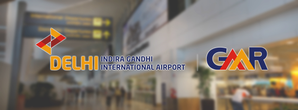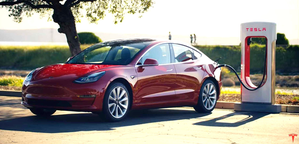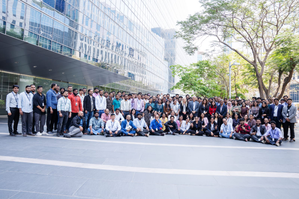Airfares may rise as GMR seeks hike in user fee for Delhi airport

New Delhi, Feb 19 (IANS) The GMR Group-owned Delhi International Airport Ltd (DIAL) has filed a proposal with the Airport Economic Regulatory Authority seeking an increase on the user development fee charged from passengers and a hike in landing and parking charges of aircraft which, if accepted, could lead to an increase in the cost of airfares.
DIAL has proposed that domestic passengers pay Rs 610 as a user development fee (UDF) when flying out during peak hours and Rs 405 during non-peak hours in the 2025-2026 and 2026-2027 financial years. Similarly, for domestic arrivals, the proposed fee is Rs 140 during non-peak and Rs 210 during peak hours.
In the case of international arrivals, an economy or premium economy passenger will pay a fee of Rs 280, as compared with Rs 570 for business class passengers. For departures, the fee for economy class is set at Rs 810, while business class passengers will have to shell out as much as Rs 1,620.
According to airline officials, if the proposed hike in UDF by GMR is accepted by the AERA, it could result in a 5-10 per cent rise in airfares.
AERA is reported to have held consultations with stakeholders on February 17 to discuss tariff revisions for IGIA’s fourth control period (April 1, 2025–March 31, 2029). The meeting included representatives from GMR Airports, domestic commercial airlines, and the International Air Transport Association (IATA). The AERA has asked stakeholders to give their written submissions by March 3.
The user development fee is levied on passengers to boost revenue and fund airport development and modernisation. Collected from departing passengers to bridge the viability gap in airport operations, it is included in the final ticket price, collected by airlines and later passed on to the airport operator. The operators of Delhi and Mumbai airports have been authorised by the government to levy UDF, primarily to fund modernisation efforts.
Notably, the Delhi airport has also proposed charging international business and first-class passengers double the user development fee compared to economy travellers over the next four financial years.
DIAL is also seeking an increase in landing fees for narrow-body aircraft, such as the Airbus A320, from Rs 188 to Rs 300 per metric tonne and to Rs 430 from Rs 210 for wide-body planes, like the Boeing 777 and Airbus A350. The hike in these charges is also expected to be passed on to consumers by the commercial airlines.
Airline officials are of the view that the proposed increase in the UDF and aeronautical charges would lead to a dampening of demand and bring airlines under financial stress, especially during lean traffic periods such as January-March and July-September, when they have to offer discounts to woo flyers.
–IANS
sps/vd




